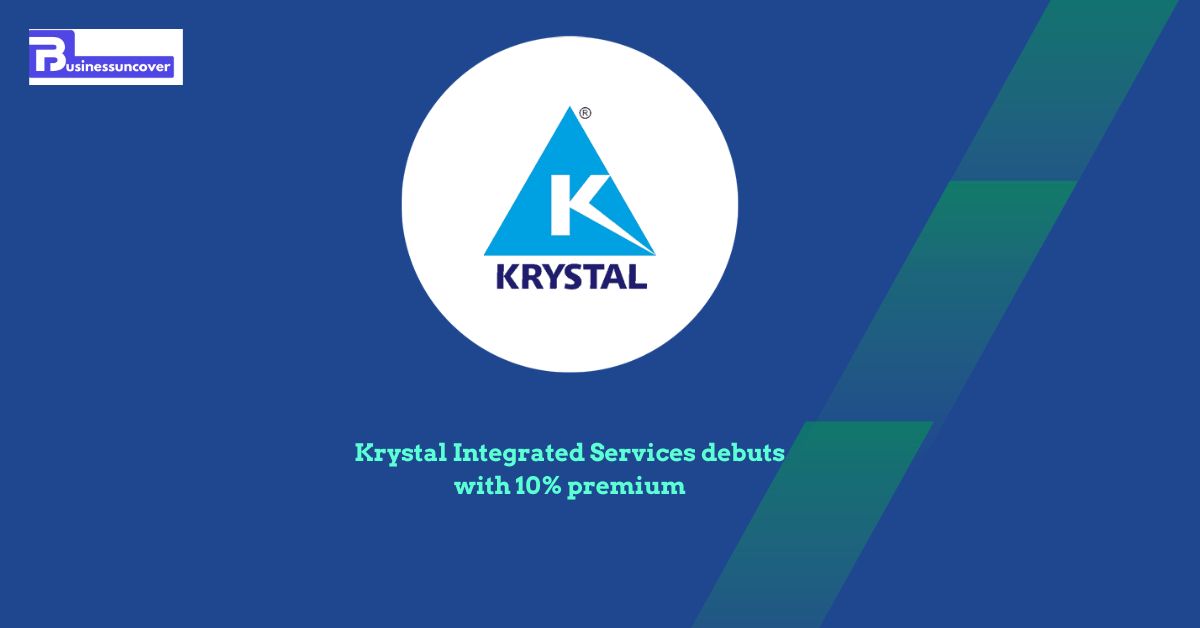Tax season 2024: Most corporate entities request that their employees provide proof of their investments at this time of year. The documentation that taxpayers submit determines the final tax amount that must be paid, and this forms the basis for tax computations. It makes sense that this has caused salaried professionals to spend a great deal of time and energy making sure their documentation is complete and well-organized.
Before the fiscal year ends, taxpayers should be aware of the following two points:
1. Income and taxes
First, based on their income for the current year, taxpayers should determine how much they need to save on taxes. You can make sure you invest appropriately based on your income by reviewing your tax-saving needs once a year. Business professionals and salaried employees can choose to switch every year between the old and new tax regimes. However, those who do not fit into these categories are only allowed to transition between the old and new regimes once in their lifetime. The maximum amount of income tax exemption that applies to individuals, HUFs under 60 years of age, and NRIs is Rs 2,50,000.
If you change jobs midyear, you must file Form 12b in accordance with Rule 26A. This form provides historical income data. While submission cannot be required by new employers, it is advisable to do so in order to minimize taxes and optimize tax planning.
2. Tax-saving options
It is well known that taxpayers are eligible for up to Rs 1.5 lakh in tax deductions under Section 80C. As a result, it is important to determine which tax instruments fall under Section 80C’s coverage and consideration. If your income exceeds projections, make additional investments before the end of the year in tax-saving instruments such as post office savings schemes, ELSS, and fixed deposits.
If you discover that you have additional money to invest, you can do so by purchasing financial instruments like PPF and fixed deposits, which will mature with guaranteed returns.
3. Harvesting Tax Losses.
Selling a security at a loss in order to assist investors in offsetting or reducing taxes on any capital gains income that is subject to taxation is known as “tax-loss harvesting.” Tax exemption is granted to long-term capital gains on eligible equity instruments up to a total of Rs 1 lakh within a fiscal year. Gains above Rs 1 lakh are subject to 10% taxation.
Additional tax savings are possible if taxpayers use tax harvesting techniques. When using tax harvesting, you have to sell your shares for a Rs. 1 lakh LTCG before the end of each fiscal year and then reinvest in the same stock. In this way, you can reduce your equity investment’s long-term capital gains tax (LTCG) significantly.
ALSO READ: Tata Steel shares are trading close to a record high
Also Read | Tax Related News







